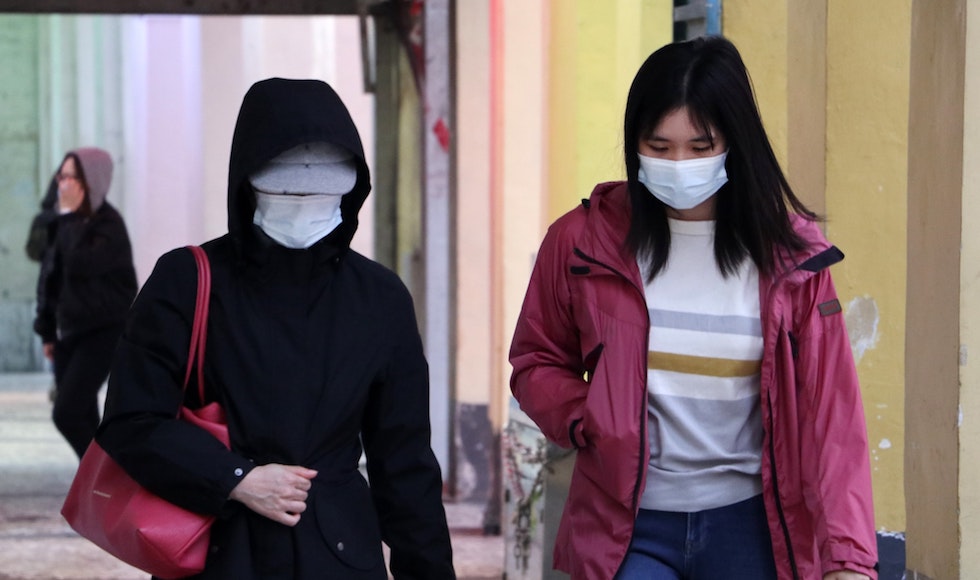Research study to investigate triage approaches during COVID-19 pandemic

Photo by Macau Photo Agency/Unsplash
BY Ruth Adair, Global Health Office
April 17, 2020
As the global health community responds to the COVID-19 pandemic, what treatment will be offered to critical care patients for whom there is no equipment or health care services available? What do those on the frontlines think should be done for these patients?
These are questions posed by a team of researchers from McMaster University and Western University in a new study, titled ‘Triage and COVID-19: global preparedness, socio-cultural considerations, and communication.’
The study has been funded by Western University, with in-kind support from the WHO Social Sciences Research Roadmap working group, as a rapid qualitative study with results expected by the end of April.
The study aims to generate original evidence that can inform strategies for the treatment of seriously ill patients who will not receive critical care – respirators, for example – during the pandemic. The research team calls for a greater understanding of what the pandemic looks like in diverse healthcare and socio-cultural settings in order to plan for the care of all those affected.
The project is led by Lisa Schwartz, McMaster’s Arnold L. Johnson Chair in Health Care Ethics and professor in the Department of Health Research Methods, Evidence, and Impact (HEI) and the MSc Global Health program, and Elysée Nouvet from Western University’s School of Health Studies.
“We hope to use our findings to inform governments and health care organizations in their development and implementation of COVID-19 triage and triage communication strategies that are realistic and socially and culturally sensitive,” said Schwartz.
The study involves data collection via semi-structured interviews with health care professionals around the world, in all six WHO regions: Africa Region, Region of the Americas, South-East Asia Region, European Region, Eastern Mediterranean Region, and Western Pacific Region.
Co-investigator Sonya de Laat, academic advisor of the MSc Global Health program, said: “It’s crucial at this time to gather and share information on global examples of how to communicate triage decisions as healthcare facilities worldwide implement guidelines in allocating scarce resources to seriously ill patients, in cases where needs outweigh resources as a result of the COVID-19 pandemic.”
Interviews will be conducted remotely using various online communications platforms or by phone. Health care professionals can also share their experiences and opinions via an online survey if they are unable to participate in an interview.
Outputs of the study will include an open-access report on results, as well as a webinar, in partnership with the Global Outbreak Alert and Response Network (GOARN) Research working group. GOARN is a World Health Organization network of over 250 technical institutions and networks globally that respond to acute public health events with the deployment of staff and resources to affected countries.
“We want to provide information that is succinct and readily available to integrate into decision-making and community communication,” said Schwartz.
Health care professionals can participate in the study here:


